
Tony Martin, of the mountain bike guide company 2 Wheel Epix, destined himself to make a living in Central and South America from an early age. Martin studied Spanish and Latin American culture and history throughout high school and college and graduated from Fort Lewis College in Durango, Colorado with a degree in Spanish and international business.
While that combination of accolades sounds as if it could land him in the importing and exporting business in a foreign country, he did what most mountain bike fanatics would do if they could: Martin took off to Bolivia, Spain, and then Peru and started riding massive descents in the Andes.
Martin taught English classes in Cusco, Peru in the mornings and evenings for a few hours each, and in between work, he’d go ride.
“Long story short, I linked up with these local Peruvian kids that were all like three or four years older than I was and I started riding with them.”
They’d load their bikes on top of city buses, shell out 60 cents for fare, and shuttle to trails that would take them through old villages and indigenous trails.
“Basically, I became super obsessed with it,” he says. Eventually, he made his way back to the States, but he couldn’t shake the experience from his head. Martin browsed Trail Forks and started jotting down the names of more trails in Peru and Ecuador, finding the biggest descents he could and figuring out how to access them. He tracked down the person who posted many of the photos, and asked if he’d be up to show Martin some of the trails, since he’d be heading back to South America soon.

Martin remembers getting into his room in Ecuador at about 2AM, and four hours later the guy he’d been talking to was out front with a truck, ready to ride. On the first day they descended about 13,000 feet total, rode in both hemispheres, and finished the day with a sunset descent.
“After that I was like, I gotta figure out how to do this professionally.”
Soon after, Martin found himself in Peru, backpacking, riding, and working for a guiding company. Near the end of 2018, he went back to the States again, and wanted to start his own company. There was a small business, Shark Tank-style competition at his alma mater in Durango, and they ran a competition for alumni.
In a competition with about 50 people, Martin submitted his business plan, and he won. The grand prize was $5,000 and he took that back down south, and started producing content for 2 Wheel Epix from Ecuador, Peru, and Oaxaca, Mexico.
Two wheels in motion

Martin focuses on a three things for 2 Wheel Epix trips to the three countries: discovering exotic, remote singletrack in amazing destinations, cultural learning, and local economy stimulation.
“[One], we want to go out and discover mountain bike trails that aren’t just super rad – but we want to find trails that are in a super beautiful area with a different geography, and two, we want to find trails that have a lot of historical value to them.”
Martin and his local guides spend time talking to elders in communities, some of which haven’t changed for centuries, he says. Ideally, they like to find mule trails which are ancient trails scaling up steep mountains, through different ecosystems. There aren’t many hikers and the trails usually make for great downhills.
Ecuador, Oaxaca, and Peru all have abundantly diverse climates, and along a single downhill run riders could pass potato, citrus, cacao, and yucca cultivations. Along an epic run, they might pull off and check out a banana plantation or have lunch in an old village.
Paying the right amount for services is key to running the business, he says, as paying too much or too little can disrupt local economies and put locals out of business.

Usually, they’ll stay at one hotel when trip participants arrive the first night, but after the trip is moving, riders usually stay at small, family-run hostels and haciendas. Martin finds local drivers who might regularly transport crops to work out shuttles to the top of a pass.
While the communities are usually happy to work with Martin and the associated 2 Wheel Epix locals, they’re still wary of Western influence and exploitation he says, and for good reason. There’s a delicate line in running a business in a foreign country that brings westerners to enjoy the topography and culture of Central and South America.
Martin recalls a few incidents in particular where locals – and the terrain – have been burned by Chinese mining and extraction around Ecuador and Peru, in the same areas where people mountain bike. Incidents like this, and growing resistance from locals against massive foreign investment in extraction led Martin to get involved in wilderness preservation. His and others’ argument is that many of these places have too much historical significance to be mined, and tourism would better serve the community.
It’s all downhill
The trips under 2 Wheel Epix range from 6-10 days each and they are all geared toward intermediate to advanced riders. The descents are massive and steep, with an average of 8-12,000 feet of descending every day, with about 1,000 feet of climbing. There’s some tech and some flow and the dirt is completely foreign. Some of it is “weird jungle loam” or hard-packed “Andean concrete.” If freeriding down the base of a a volcano sounds tempting, 2 Wheel Epix has you covered.
“It’s a whole new ballgame,” he says. The smells are different, the vegetation is exotic, as are the sounds squawking from the jungle canopy.
“It’s really like this sensation overload and then you get on your bike and you remember you’re biking… and you just get this happy energy buzz going. And it’s super cool. It’s also really relaxing.”
While the trails are amazing, Martin says that it’s the interactions with the communities that 2 Wheel Epix trippers remember the most. Locals cheer and smile when they see mountain bikers carving down the tropical slopes into their villages. After a big ride, they might stop and have lunch and a drink, or buy handmade goods from locals in town. Interactions like those are what usually stick with visitors, Martin says.
“Yes, it’s a mountain bike trip but it’s not the mountain biking you’re going to remember the most, it’s going to be the culture and experiences that you have on the trip that are going to make it so wholesome.”





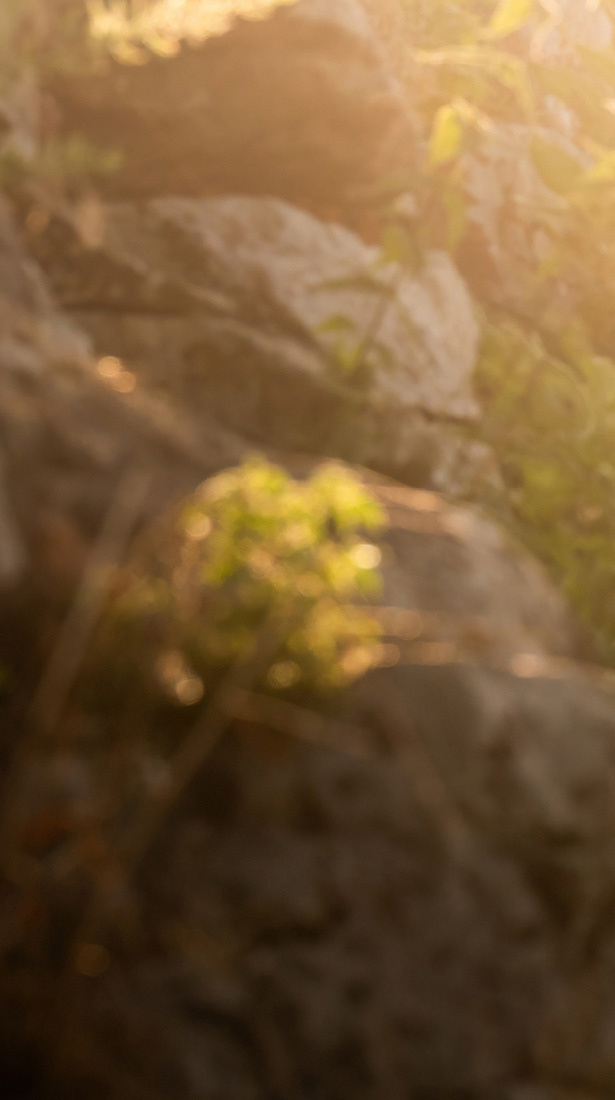
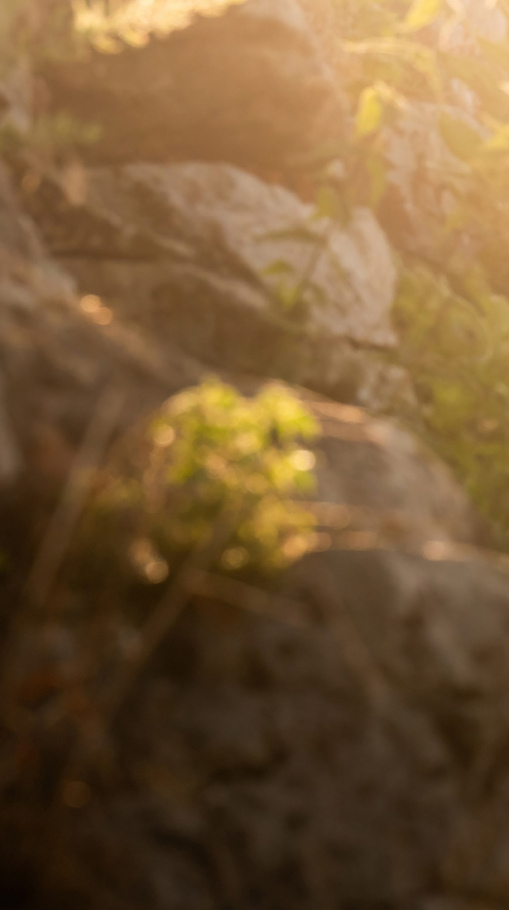
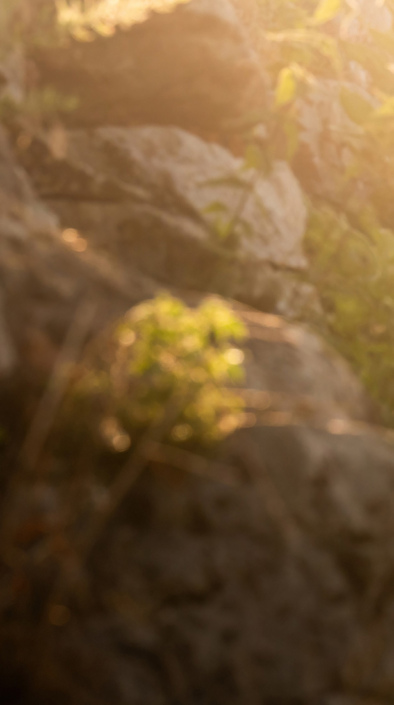
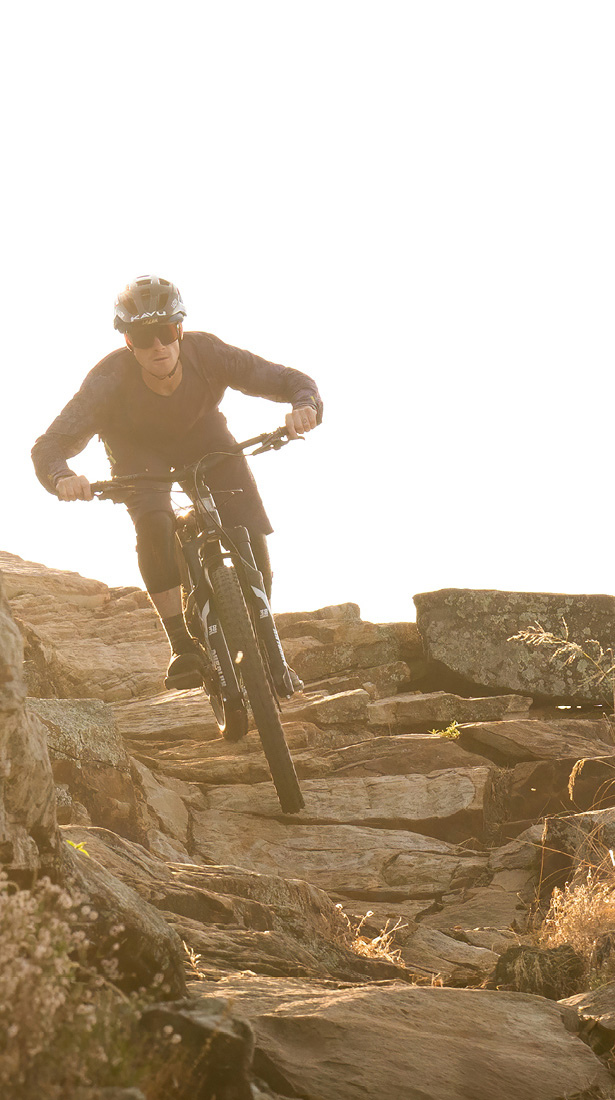
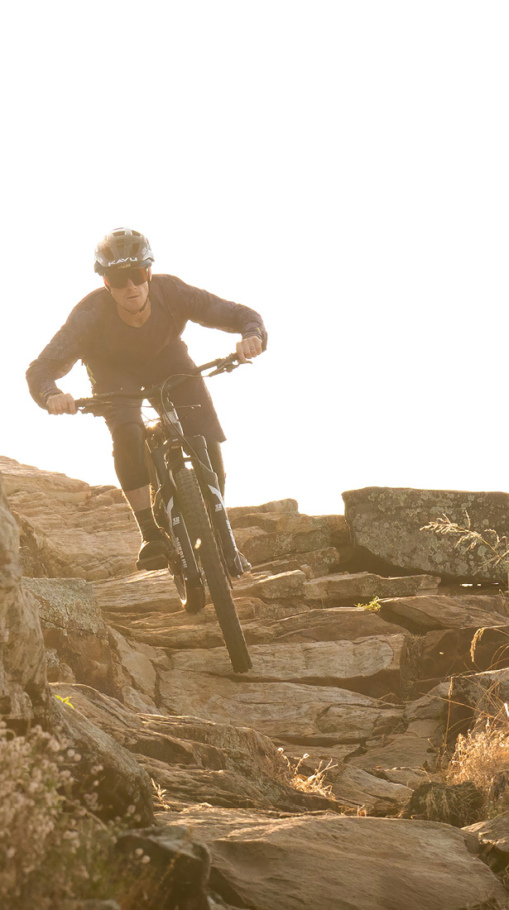
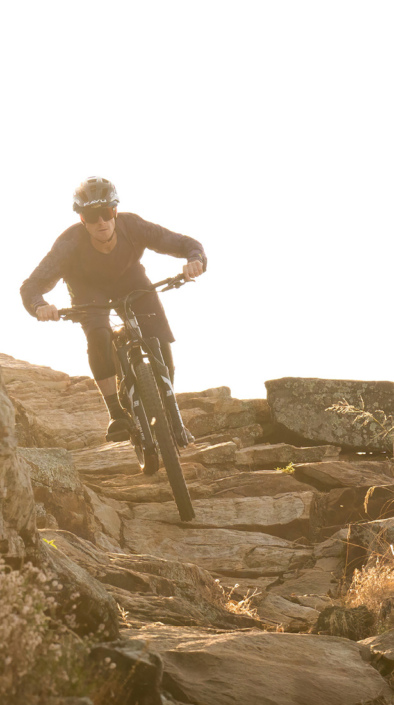
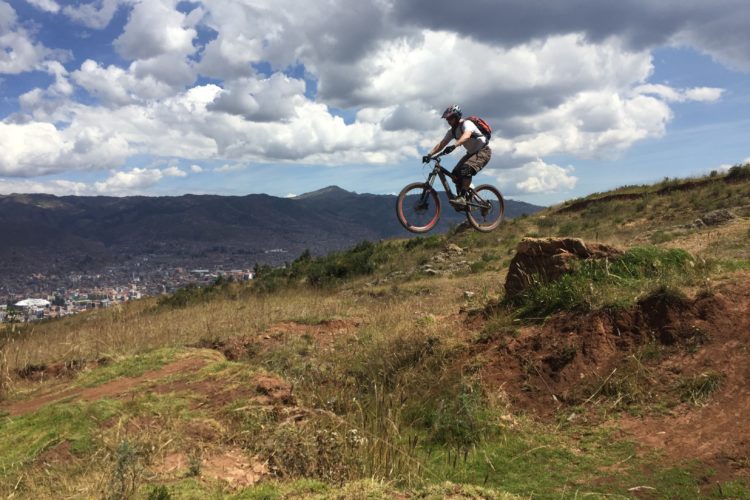
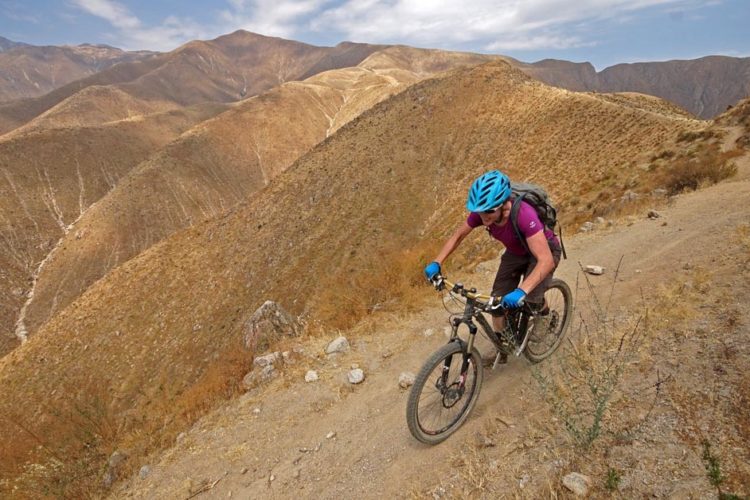


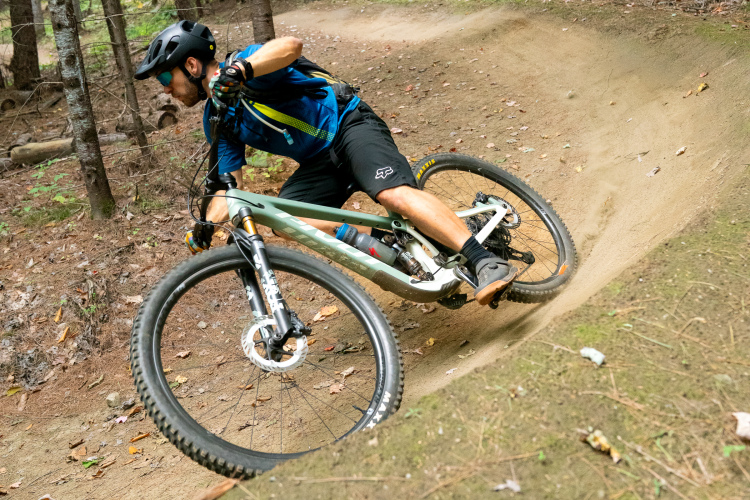

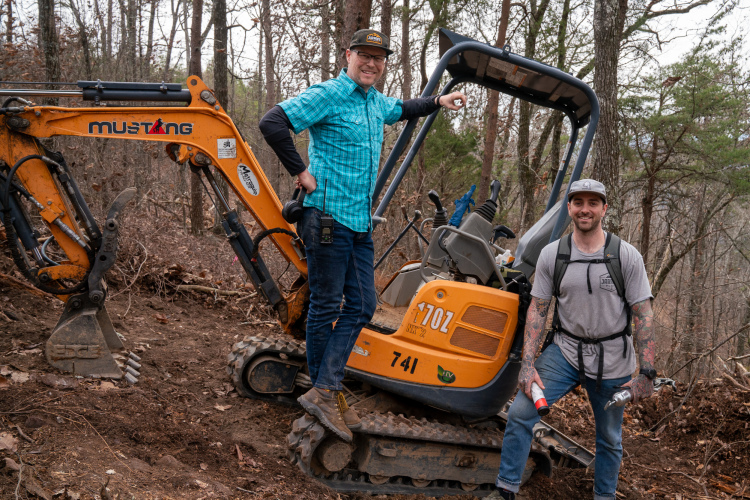
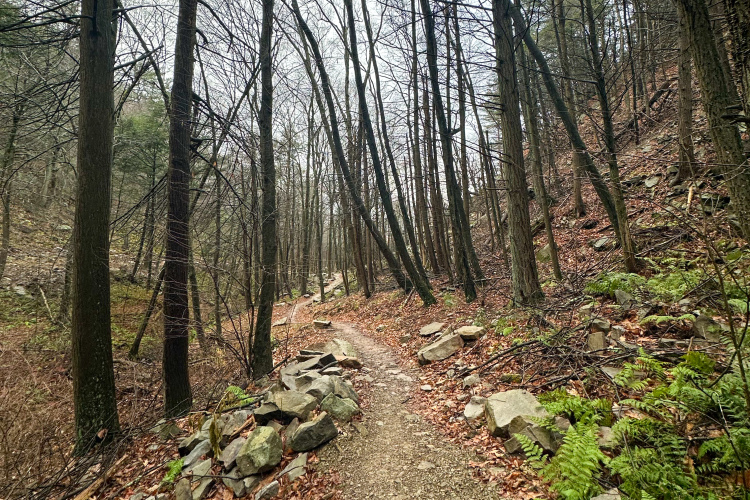

0 Comments